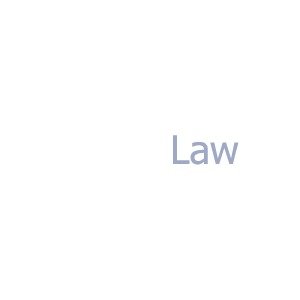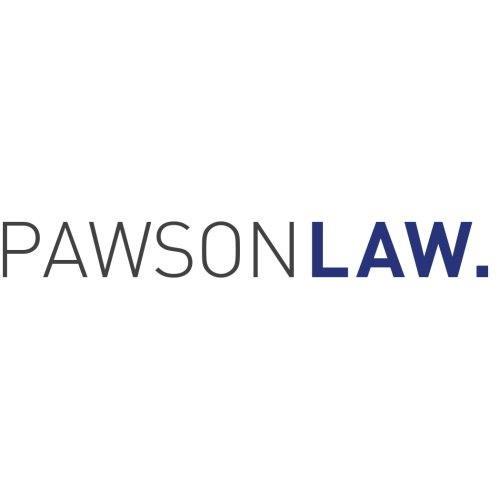Best Job Discrimination Lawyers in Tauranga
Share your needs with us, get contacted by law firms.
Free. Takes 2 min.
List of the best lawyers in Tauranga, New Zealand
About Job Discrimination Law in Tauranga, New Zealand
Job discrimination law in Tauranga, New Zealand, is primarily governed by the Human Rights Act 1993 and the Employment Relations Act 2000. The laws aim to ensure that all individuals are treated fairly and without discrimination based on their race, ethnicity, gender, sexual orientation, age, religious belief, or disability in their employment. Any acts of bias, disparity, or unfair treatment by employers on these grounds can be legally questioned, and victims can seek remedies.
Why You May Need a Lawyer
Legal expertise can be advantageous in cases of job discrimination. Many people may not fully understand their rights or the nuances of the law. A lawyer can help articulate your case, provide guidance on presenting evidence, and handle negotiation or litigation against employers if necessary. Many job discrimination cases involve complex legal procedures and it is crucial to have professional legal help to navigate them.
Local Laws Overview
Tauranga, New Zealand adheres to federal anti-discrimination laws. The Human Rights Act 1993 prohibits discrimination in a number of areas including employment. Under this law, no employer is allowed to discriminate against an employee or candidate based on factors such as their colour, race, ethnicity, sexual orientation, sex, marital status, religious belief, ethical belief, disability, age, political opinion, employment status, family status, or involvement in union activities. The Employment Relations Act 2000 further provides mechanisms for addressing grievances and disputes related to discrimination in employment.
Frequently Asked Questions
1. What constitutes employment discrimination?
Employment discrimination can include unfair treatment, bias or prejudice in hiring, salary, promotion, dismissal, job assignment, and other employments terms and conditions because of personal characteristics that are protected by law.
2. Can I take action without a lawyer?
While it is possible to take action without a lawyer, it is highly recommended to seek legal advice. Discrimination laws are complex and a lawyer can increase the chances of a successful outcome.
3. How can I prove employment discrimination?
Proving employment discrimination can be challenging. Evidence can include written communication, testimonies, or patterns of behavior in the workplace such as persistent inequitable treatment.
4. Who can file a complaint about job discrimination?
Anyone who believes they have been discriminated against in their employment because of a protected characteristic can file a complaint.
5. What remedies are available in a successful job discrimination claim?
In a successful claim, remedies may include an order to cease the discriminatory behavior, reinstatement, compensation for loss of earnings, or damages for humiliation, loss of dignity, and injury to feelings.
Additional Resources
For additional resources, the New Zealand Human Rights Commission and the Ministry of Business, Innovation and Employment provide comprehensive information and assistance regarding job discrimination matters.
Next Steps
If you believe you've been discriminated against in your job, it is recommended to consult a lawyer or a legal aid service to understand your rights and the recourse available to you. You may also consider bringing a complaint to the Human Rights Commission or filing a personal grievance claim with the Employment Relations Authority. Remember, seeking legal advice early can help protect your rights and ensure a better outcome.
Lawzana helps you find the best lawyers and law firms in Tauranga through a curated and pre-screened list of qualified legal professionals. Our platform offers rankings and detailed profiles of attorneys and law firms, allowing you to compare based on practice areas, including Job Discrimination, experience, and client feedback.
Each profile includes a description of the firm's areas of practice, client reviews, team members and partners, year of establishment, spoken languages, office locations, contact information, social media presence, and any published articles or resources. Most firms on our platform speak English and are experienced in both local and international legal matters.
Get a quote from top-rated law firms in Tauranga, New Zealand — quickly, securely, and without unnecessary hassle.
Disclaimer:
The information provided on this page is for general informational purposes only and does not constitute legal advice. While we strive to ensure the accuracy and relevance of the content, legal information may change over time, and interpretations of the law can vary. You should always consult with a qualified legal professional for advice specific to your situation.
We disclaim all liability for actions taken or not taken based on the content of this page. If you believe any information is incorrect or outdated, please contact us, and we will review and update it where appropriate.

















